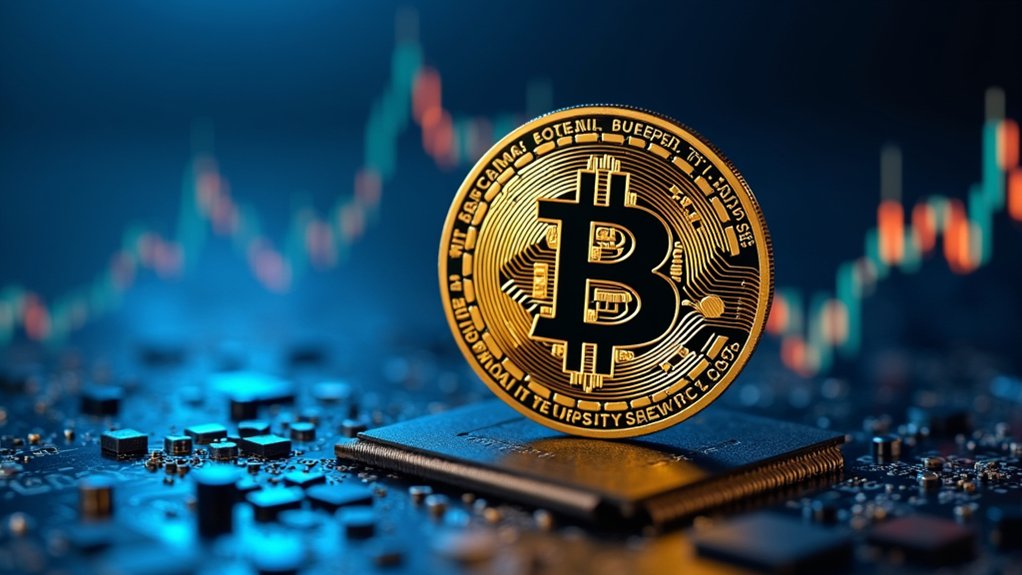Although the Bank of Korea’s establishment of a dedicated Cryptoassets Department within its Financial Settlement Bureau marks a strategic response to the escalating proliferation of stablecoins and broader crypto market dynamics, this move has elicited considerable debate among policymakers and industry stakeholders regarding the appropriate scope of central bank intervention in digital asset regulation, as the new unit’s multifaceted mandate encompasses market surveillance, legislative coordination, and token usability testing, thereby positioning the institution at the nexus of regulatory innovation and financial stability amidst South Korea’s evolving regulatory landscape. The creation of this specialized department, formed in July 2025, reflects the Bank of Korea’s recognition of the urgent need to address the rapidly expanding digital currency ecosystem, particularly the emergence of stablecoins pegged to the Korean won, which pose unprecedented regulatory challenges due to their hybrid nature straddling conventional banking and decentralized finance frameworks. This new Cryptoasset Department will operate within the Financial Settlement Bureau, emphasizing the central bank’s direct involvement in overseeing crypto market developments. It also represents a strategic shift towards active participation in digital finance beyond passive market observation. Effective compliance with KYC and AML standards remains a critical component in managing risks associated with stablecoin adoption and crypto transactions.
This organizational initiative, which involved the rebranding of the former Digital Currency Research Lab to a Digital Currency Lab with an increased emphasis on pragmatic, business-oriented research and development, signifies a deliberate pivot towards integrating digital currency technological infrastructure with regulatory oversight. The new Cryptoassets Department’s responsibilities extend beyond mere market monitoring to include thorough coordination with legislative bodies tasked with formulating stablecoin regulations, thereby confronting the complex interplay between innovation facilitation and systemic risk mitigation. In particular, the department’s engagement in token usability testing and voucher system evaluations underscores a proactive approach to evaluating potential vulnerabilities and consumer protection concerns inherent in digital asset deployments, while simultaneously fostering innovation within a controlled regulatory environment.
Moreover, this institutional evolution occurs amid broader governmental efforts to codify stablecoin issuance protocols anticipated to be led by major domestic banks by 2025 or 2026, a development that necessitates enhanced supervisory mechanisms to ensure financial stability. The Bank of Korea’s dual focus on advancing Central Bank Digital Currency (CBDC) research, despite recent trial suspensions, alongside the Cryptoassets Department’s regulatory functions, highlights a strategic integration of digital currency innovation with risk governance. The reshuffle also reflects the Bank’s strategic response to growing private sector stablecoin activity and related legislative challenges. Ultimately, the department’s establishment encapsulates the central bank’s endeavor to navigate the multifaceted regulatory challenges posed by digital currency proliferation, balancing the imperatives of technological advancement, market integrity, and legislative harmonization within South Korea’s complex financial ecosystem.









